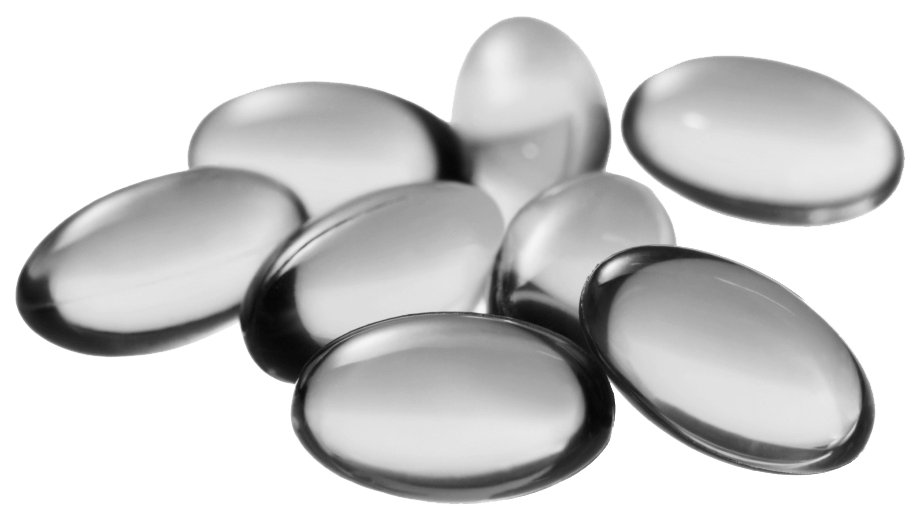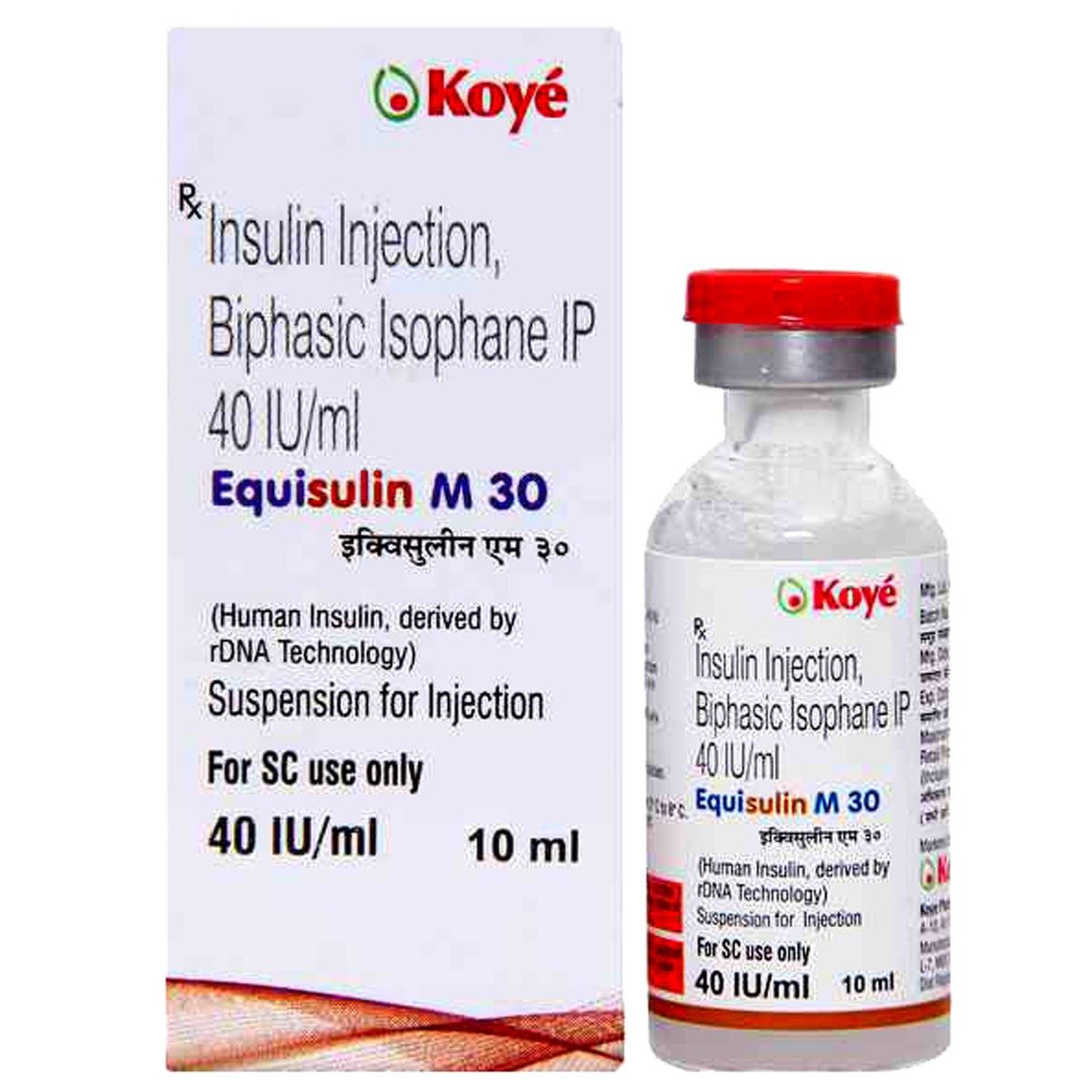Insulin Detemir
About Insulin Detemir
Insulin Detemir is long-acting insulin analogue which belongs to the category of medicines called 'anti-diabetic' primarily used for the management and treatment of type 1 and type 2 diabetes, especially in persons whose sugar levels are too high and cannot be only controlled by dieting and exercising. It is used to improve the sugar levels in blood in persons dealing with diabetes mellitus in both children (above 2 years of age) and adults. Diabetes occurs when the body does not produce enough insulin to control the level of blood sugar. It is a condition in which blood glucose levels are above average. Insulin is the hormone that controls sugar levels in your blood.
Insulin Detemir contains Insulin Detemir as its active ingredient. It is a recombinant human insulin analogue that is equipotent to regular human insulin. It works by replacing the natural insulin produced by the body and helps in moving sugar from the blood to different body tissues where it is used as energy. Insulin Detemir has a more rapid onset of action and a long duration of action up to 24 hours of basal insulin coverage. Treatment with Insulin Detemir helps to prevent complications from your diabetes.
Your doctor will advise you on how to use the Insulin Detemir. It should be administered at least 0-15 minutes before or soon after meals. The common side effects of Insulin Detemir are hypokalaemia (low potassium levels), hypoglycemia (low blood sugar levels), local injection site reactions like lipodystrophy (fat deposition under the skin), rash, and pruritus (itch skin). Most of these side effects of Insulin Detemir do not require medical attention and gradually resolve over time. However, if the side effects are persistent, reach out to your doctor.
Do not skip any doses or stop taking Insulin Detemir suddenly without consulting your doctor. Consult your doctor before taking Insulin Detemir if you are pregnant or breastfeeding. Insulin Detemir should not be given to children below 10 years. Avoid alcohol consumption while taking Insulin Detemir as it might increase side-effects. Insulin Detemir may cause hypoglycaemia, so drive only if you are alert. Inform your doctor about all the medications you are taking and your health condition to rule out any unpleasant side effects.
Uses of Insulin Detemir
Medicinal Benefits
Insulin Detemir belongs to the category of the anti-diabetic drug, indicated in the treatment of type 1 and type 2 diabetes . This medicine is primarily prescribed to people whose blood sugar levels are high and is not even controlled by diet and exercise alone. Insulin Detemir is a fast-acting form of insulin that helps lower blood sugar levels after the intake of food. It helps in improving the glycaemic control, which in turn decreases the risk of progression of complications of diabetes like damage of retina (retinopathy), damage of kidney (nephropathy), damage of nerve cells (neuropathy), delayed wound healing, diabetic foot ulcer, and others.
Directions for Use
Storage
Side Effects of Insulin Detemir
- Local injection site reactions (such as reddening, unusually intense pain on injection, itching, hives, swelling, or inflammation)
- Hypoglycemia (low blood sugar levels)
- Hypokalaemia (low potassium levels)
- Lipodystrophy (fat deposition under the skin)
- Rash
- Pruritus (itchy skin)
Drug Warnings
Do not take or stop this medicine, if the doctor did not advise you to do so. Brief your medical history to doctor if you have any heart, kidney or liver diseases, low blood sugar (hypoglycaemia), and low potassium levels in the blood (hypokalaemia) before starting Insulin Detemir. Do not share an injection pen, cartridge, or syringe with another person, even if the needle is changed. Do not inject Insulin Detemir daily at the same injection site since it may cause skin changes, such as lumps under the skin. Do not drive or operate machinery if you experience blurred vision, dizziness or drowsiness due to extremely low or high blood sugar. It is advised to avoid your alcohol intake while using Insulin Detemir to avoid low blood sugar levels further. Pregnant and breastfeeding women should consult their doctor before starting this medication. Insulin Detemir can be given safely to children provided, it is prescribed by a child specialist.
Drug Interactions
Drug-Drug Interaction: Insulin Detemir may have an interaction with drugs that may increase the risk of antiarrhythmic (disopyramide), hemorheological agents (pentoxifylline), antidiabetic medicinal products (pramlintide, glucagon), beta-blockers (metoprolol), diuretics (furosemide ), bleeding disorder drugs (octreotide), antipsychotic (propoxyphene, phenothiazines), estrogens, progestins (e.g. in oral contraceptives), protease inhibitors and atypical antipsychotic medicinal products (olanzapine and clozapine)., thyroid hormones (levothyroxine), anti-asthmatics (albuterol, epinephrine, terbutaline), antidepressant medications (fluoxetine, lithium), lipid-lowering pills (reserpine, niacin, clonidine, fenofibrate, guanethidine), pain killers (aspirin) and antibiotics (isoniazid).
Drug-Food Interaction: Insulin Detemir may interact with an ayurvedic, homoeopathy, Unani, herbal supplements, or OTC items. Tell your doctor if you are using these products. Try to avoid intake of alcoholic beverages with Insulin Detemir as it may increase or decrease your blood sugar level.
Drug-Disease Interaction: Insulin Detemir should not be given to patients with kidney disease, liver disease, low blood sugar/glucose level (hypoglycaemia), and low potassium level (hypokalaemia).
Drug-Drug Interactions Checker List:
Safety Advice

Alcohol
unsafeYou are recommended not to consume alcohol along with Insulin Detemir to avoid unpleasant side-effects. Alcohol may either decrease or increase the blood sugar level which can be fatal.

Pregnancy
safe if prescribedInsulin Detemir can be used during pregnancy. Your insulin dose may need to be changed during pregnancy and after delivery.

Breast Feeding
safe if prescribedInsulin Detemir can be given safely to nursing mothers but only under the supervision of a physician.

Driving
unsafeDrive with caution, Insulin Detemir usually causes drowsiness and affects driving ability. Your ability to concentrate and react may be reduced if you have hypoglycemia (low blood sugar)

Liver
cautionInsulin Detemir to be taken with caution, especially if you have a history of liver diseases/conditions. The dose may have to be adjusted by your doctor.

Kidney
cautionInsulin Detemir to be taken with caution, especially if you have a history of kidney diseases/conditions. The dose may have to be adjusted by your doctor.

Children
safe if prescribedInsulin Detemir can be given safely to children provided, it is prescribed by a child specialist.
Habit Forming
Diet & Lifestyle Advise
- Exercise may lower your body’s need for insulin during and for some time after the physical activity.
- Exercise may also speed up the effect of an insulin dose, especially if the exercise involves the area of the injection site (for example, the leg should not be used for injection just before running).
- Discuss with your doctor how you should adjust your insulin regimen to accommodate exercise.
- Avoid eating sugar food and prefer food cooked food low in calories.
- When travelling across more than 2 time zones, you should talk to your doctor concerning adjustments in your insulin schedule.
Special Advise
- Your doctor may tell you to keep a check on your potassium levels as prolonged administration causes hypokalemia (low potassium levels).
- Your doctor may advise regular monitoring of blood sugars.
Patients Concern
Disease/Condition Glossary
Type 1 diabetes: It is a condition in which your immune system destroys insulin-making cells in the pancreas. These are called beta cells and the pancreas produces little or no insulin. The condition is usually diagnosed in children and young people, so it used to be called juvenile diabetes.
Type 2 diabetes: It is a chronic or life-long condition in which cells of the body fail to respond to insulin, and in later stages, the body even fails to produce enough amount of insulin. It comprises around 90% of total diabetes cases. This condition makes the body rely on different energy sources in muscles, tissues, and organs. This disease develops gradually, and the early symptoms include constant hunger, lack of energy, fatigue, weight loss, excessive thirst, frequent urination, dry mouth, itchy skin, and blurry vision. Persons who are middle-aged or older are most likely to have type 2 diabetes, so it is also called adult-onset diabetes.
The risks of uncontrolled diabetes include damaged retina of eyes or blindness, loss of limbs, nerve problems, kidney problems, sexual dysfunction, and increase the possibility of heart attack or stroke.
FAQs
Insulin Detemir contains Insulin Detemir that acts as an insulin analogue and lowers your blood glucose levels. Thus, Insulin Detemir helps in lowering the blood sugar levels in diabetic patients.
It is advised to tell your doctor if you are taking pioglitazone or rosiglitazone as taking Insulin Detemir with these medicines can significantly lower sugar level thereby increasing the risk of serious heart problems.
Insulin Detemir can be given to treat both the condition of type 1 and type 2 diabetes mellitus. However, your doctor will decide whether Insulin Detemir can be given to you or not depending on your present condition. Insulin Detemir should be avoided in patients who are allergic to Insulin Detemir or other forms of insulin, patients with kidney disease, liver disease, low blood sugar/glucose level (hypoglycemia), and low potassium level (hypokalaemia).
Insulin is a cold chain medicine, and it has to be stored between 2-8 degree celsius only. So, keeping Insulin out of the refrigerator will decrease its efficacy. And thus it will be not able to lower your blood sugar significantly. So, it is advisable to keep Insulin Detemir between 2-8 degree celsius or in the refrigerator and not in the freezer.
Insulin is released from the beta cells of your pancreas in response to the rise in blood sugar (glucose) in your bloodstream. After you have consumed a meal, any carbohydrate you have eaten is broken down into the simpler form of glucose called monosaccharides or disaccharides and then transferred into the bloodstream for further metabolism and utilization. Thus pancreas detects this rise in blood glucose and starts to secrete insulin.
Habitual moderate coffee drinking has actually been associated with increased insulin sensitivity. But in acute and high doses, caffeine can decrease insulin sensitivity and raise plasma insulin levels.
Your doctor will tell you when and what dose you should take your insulin depending on your present conditions.









